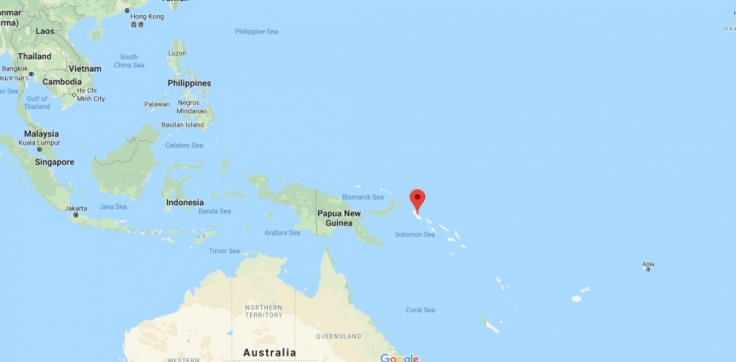In the referendum that lasted from November 23 to December 7, 98% Bougainvilleans voted in favour of independence, while the remaining 2% voted for greater autonomy within Papua New Guinea, the results announced on Wednesday stated.
In the referendum, 180,000 people, out of a total population of 300,000 participated. 176,928 voted in favour of secession, while 3,043 voted against it.
Facts about Bougainville

Bougainville is a collection of islands situated 700 km off the coast of Papua New Guinea, in the Soloman Sea. Though inhabited for centuries, the archipelago gets its name from French navigator Louis Antoine de Bougainville, who sailed across the island in 1768 but never set foot on it.
Buka town on Buka island is the capital of the region and houses the government headquarters. Bougainvilleans are mostly Melanesian and the local language is Tok Pisin, a Papua New Guinean pidgin English, though there are at least 19 distinct indigenous languages.
It was colonized by Germany in the 19th century, which loosened its grip only post World War I debacle. It served as Japanese military base, during World War II. Thereafter, Bougainville along with other groups of the island, including Papua New Guinea went under Australian control. Papua New Guinea gained independence from Australia in 1975 and consequently, Bougainville went under its control.
Why does Bougainville want complete independence from Papua New Guinea?
At the centre of the whole issue is a copper mine named Panguna, the world's largest open cast mine, situated on the island. It was opened in 1969 by Bougainville Copper Limited (BCL), a subsidiary of resources giant Rio Tinto. Export of copper from Panguna mine made up for 45% of Papua New Guinea's exports and 7% of the world's copper production.
Tensions over unequal distribution of revenue generated from the mine soon led to a civil war. Also, mine created job opportunities for people from Papua New Guinea and Australia seeking their own fortunes, leading to conflicts with Bougainvillean locals who also reported discrimination and racism at the hands of foreigner mine workers. 20,000 Bougainvilleans lost their lives in the civil unrest that lasted from 1989 to 1998, regarded as the worst conflict in the Oceania region, since World War II.
A truce was reached in 2001 in the form of Bougainville Peace Agreement, between the island and the government ruling in Papua New Guinea. Independence vote was promised in that agreement.
When will Bougainville take the role of a sovereign nation?
Despite overwhelming support for independence, the referendum was non-binding. This means that the final call will rest with the Papua New Guinea's parliament.
For Papua New Guinea, if it grants independence, not only will a large chunk of revenue slip out of its hands, but it has the potential of serving as a precedent for other regions to seek independence. While for Bougainville, no independence has the potential of pushing the island into another phase of insurgency and unrest.









